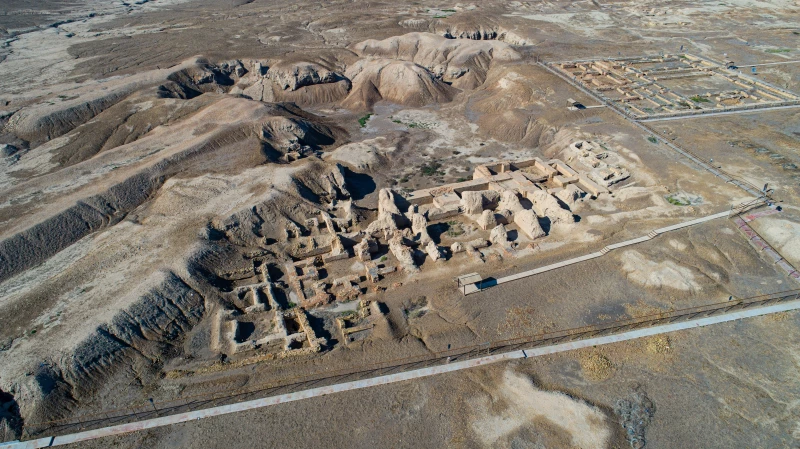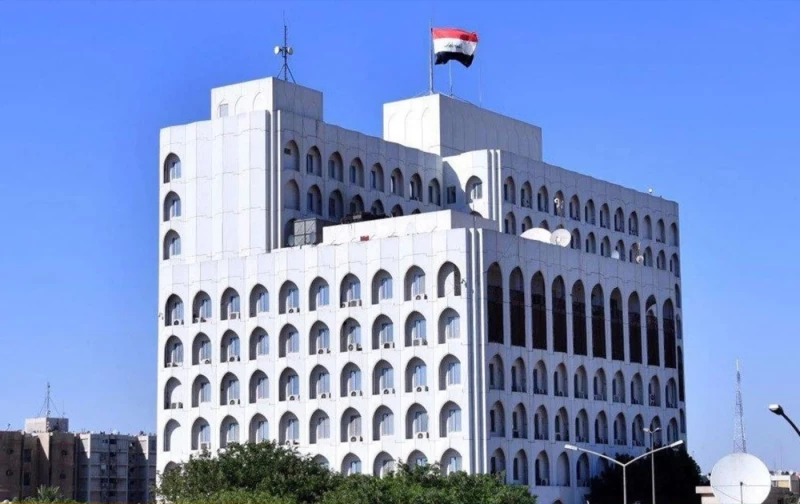ERBIL, Kurdistan Region of Iraq - Iraqi lawmaker Yasser al-Husseini warned on Thursday that the next government will inherit a “heavy financial burden” and begin its term “from the danger zone,” as the country’s debt levels continue to rise.
Husseini told The New Region that the upcoming government will face “a difficult starting point” due to “accumulated internal and external debts and unpaid financial obligations” left by the current administration.
He said the country’s growing debt poses a real threat to financial stability and limits the government’s ability to launch new economic reforms.
Earlier this week, the Central Bank of Iraq (CBI) announced that the country’s internal debt has exceeded 91 trillion dinars (over 69 billion dollars), raising public concern about Iraq’s financial sustainability.
Husseini said “continuous borrowing and poor management of resources” have increased debt servicing costs while reducing spending on key sectors such as health, education, and infrastructure.
“The next government will not start from zero but from the danger zone,” he said. “It will have to pay overdue debts to the private sector, banks, and international funding institutions, in addition to covering salaries and social support, which means any reform plan will face challenges from day one.”
He called for a “comprehensive review” of fiscal and economic policies and urged cooperation between Parliament and oversight bodies to create a realistic debt management plan.
Continuing with the current financial approach, he warned, would add more pressure on the economy and citizens alike.
Economic expert Manar al-Obaidi previously warned of growing risks in Iraq’s financial system, noting that “government debt increased by 116 percent in one year, reaching 13 percent of total banking assets compared to just 6 percent in 2024.”
He said the sharp rise “creates risks to the stability and sustainability of the banking sector, as it increases exposure to sovereign debt and limits its ability to finance other economic activities.”



 Facebook
Facebook
 LinkedIn
LinkedIn
 Telegram
Telegram
 X
X


